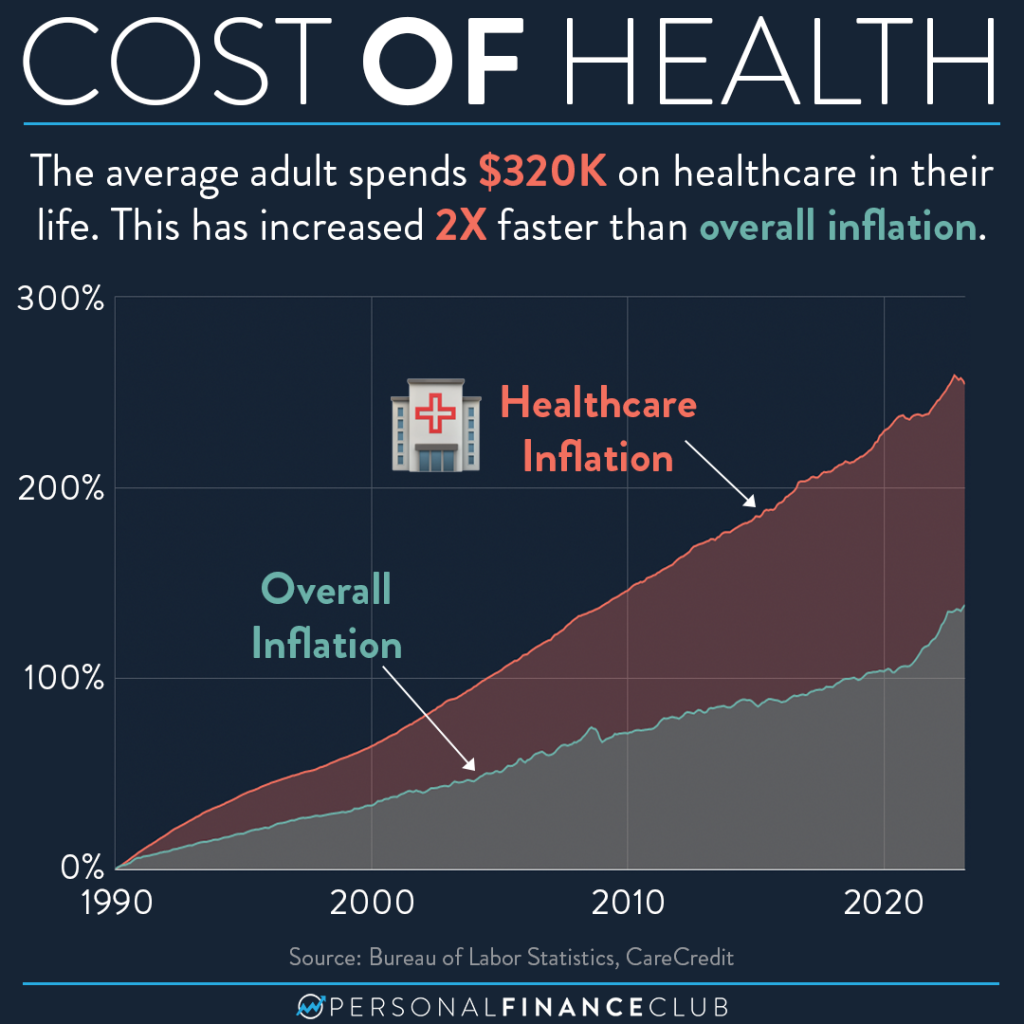Leading Healthcare RCM Approaches for Better Financial Efficiency
Leading Healthcare RCM Approaches for Better Financial Efficiency
Blog Article
Revealing the Conveniences of Healthcare RCM in Improving Efficiency and Accuracy in Income Cycle Monitoring
In the quickly advancing healthcare landscape, the relevance of Income Cycle Monitoring (RCM) can not be overemphasized (Healthcare RCM). As medical care companies make every effort for precision and effectiveness, RCM becomes a pivotal device in improving operations, reducing errors, and boosting financial outcomes. By incorporating with Electronic Health Records and leveraging sophisticated technologies, RCM not only maximizes management tasks however also enriches the claims refining experience. This change holds the prospective to redefine economic efficiency and person trust. Yet, what are the details devices driving these renovations, and how can they be taken advantage of to their complete possibility?
Enhancing Management Jobs

Additionally, the integration of digital wellness records (EHR) with RCM systems helps with real-time data access and sharing, allowing health care experts to make educated decisions promptly. This interconnectedness not just boosts communication in between scientific and management groups however additionally enhances person fulfillment by reducing waiting times and billing discrepancies - Healthcare RCM. Additionally, structured administrative processes permit much better conformity with regulatory standards, mitigating threats connected with audits and fines
Ultimately, the concentrate on refining management tasks in RCM causes cost financial savings and enhanced financial performance. By buying automation and optimizing workflows, healthcare companies can achieve an extra sustainable income cycle, making certain long-lasting feasibility and the capability to adjust to developing sector demands.
Enhancing Claims Processing
How can health care organizations improve the performance of their cases handling? The assimilation of advanced Revenue Cycle Administration (RCM) systems offers a robust remedy. By harnessing automation and innovative analytics, RCM systems enhance the complicated and commonly troublesome claims processing tasks. Automation reduces manual information entry errors, guarantees compliance with the current invoicing codes, and accelerates the general cases lifecycle from entry to reimbursement.
In addition, real-time analytics play a critical duty in enhancing insurance claims processing effectiveness. These analytics tools offer insights into bottlenecks and potential rejections, allowing doctor to address problems proactively. Predictive analytics can forecast patterns in claim denials, enabling preemptive procedures to alleviate them, therefore reducing the time considered insurance claims to be processed and authorized.
Furthermore, the fostering of digital wellness documents (EHR) incorporated with RCM systems makes sure seamless data circulation, lowering redundancies and enhancing the accuracy of info submitted in insurance claims. A constant comments loophole assisted in by RCM systems even more fine-tunes the procedure, promoting constant improvement.
Eventually, by leveraging technology-driven options in insurance claims processing, health care companies can boost functional performance, boost capital, and provide a smoother experience for people and personnel alike.
Reducing Monetary Mistakes
Exact economic monitoring is vital in healthcare, where reducing financial mistakes can substantially affect functional success. Financial errors, whether as a result of wrong payment, coding inaccuracies, or mismanagement of client accounts, can cause substantial revenue loss and strained connections with payers and clients. Resolving these errors is essential to preserve a medical care organization's economic health and boost its credibility.
Health Care Profits Cycle Management (RCM) plays a pivotal duty in decreasing such mistakes with structured processes. By applying standard treatments for billing, coding, and collections, doctor can ensure that financial deals are managed with accuracy. Comprehensive training for staff on current coding policies and payment methods Visit This Link additionally minimizes the likelihood of errors, making certain claims are properly refined and compensated.

Moreover, detailed audits and regular monetary testimonials within the RCM framework enable for the early detection and modification of discrepancies. Making certain accuracy in client information entrance and confirmation even more alleviates mistakes, as this is often a key source of mistakes. By concentrating on these tactical locations, healthcare companies can lower economic errors, thus protecting their income streams and enhancing total operational effectiveness.
Leveraging Advanced Technologies
In today's swiftly advancing medical care landscape, leveraging innovative modern technologies is necessary for optimizing Earnings Cycle Management (RCM) procedures. By integrating advanced solutions such as expert system (AI), artificial intelligence (ML), and robotic procedure automation (RPA), medical care service providers can dramatically boost the effectiveness and accuracy of their RCM operations. These innovations assist in improving repeated jobs, reducing manual errors, and allowing faster processing of claims.

Furthermore, the combination of blockchain technology boosts information safety and transparency within RCM (Healthcare RCM). It makes sure that delicate info is secured while maintaining an immutable record of deals. This is essential for building trust with stakeholders and individuals
Boosting Financial Efficiency
Structure on the effectiveness gained via sophisticated modern technologies, doctor can significantly boost their economic efficiency by improving their Profits Cycle Management (RCM) approaches. By optimizing billing procedures, minimizing claim denials, and improving capital, medical care establishments can achieve much better monetary stability. Carrying out durable RCM services enables service providers to simplify administrative jobs, lowering the time and resources spent on manual information entry and case processing. This effectiveness causes quicker assert submissions and compensations, making the most of earnings collection.
In addition, data analytics within RCM systems supply important understandings into financial trends and operational bottlenecks. By leveraging these insights, health care carriers can make educated choices to boost financial results, such as adjusting invoicing practices or renegotiating payer contracts. Boosted precision in coding and documentation additionally minimizes insurance claim beings rejected and audits, promoting a smooth revenue cycle.
Additionally, patient involvement devices integrated within RCM platforms enhance patient satisfaction by giving transparent invoicing information and versatile settlement choices. This openness not just enhances pop over to these guys patient-provider partnerships however additionally encourages timely payments, minimizing impressive accounts receivables.
Final Thought
Healthcare Revenue Cycle Administration substantially maximizes effectiveness and precision by improving administrative jobs and boosting claims handling. Via the reduction of monetary mistakes and the integration of advanced innovations such as AI and predictive analytics, RCM facilitates compliance with billing codes and provides beneficial insights right into economic trends. This methodical strategy not just reduces prospective insurance claim denials but additionally increases monetary efficiency, consequently cultivating trust and openness with patients and stakeholders within the read health care system.
As healthcare carriers strive for precision and effectiveness, RCM emerges as a critical tool in simplifying operations, lessening mistakes, and enhancing financial outcomes.Streamlining management jobs in health care income cycle monitoring (RCM) supplies substantial advantages by boosting operational performance and reducing the problem on team.Health Care Earnings Cycle Management (RCM) plays a crucial duty in minimizing such mistakes through structured processes.In today's swiftly advancing medical care landscape, leveraging sophisticated innovations is crucial for maximizing Income Cycle Administration (RCM) procedures.Building on the efficiencies gained through sophisticated modern technologies, medical care service providers can considerably improve their financial efficiency by improving their Revenue Cycle Monitoring (RCM) approaches.
Report this page